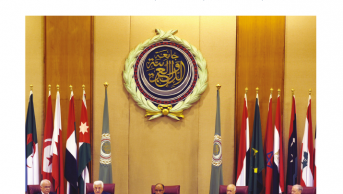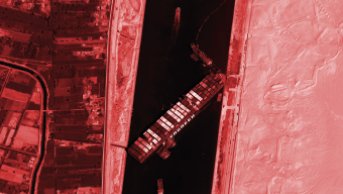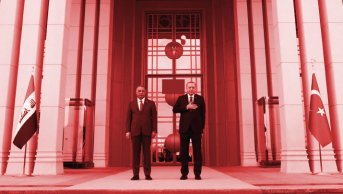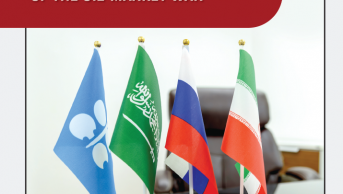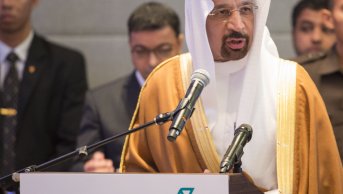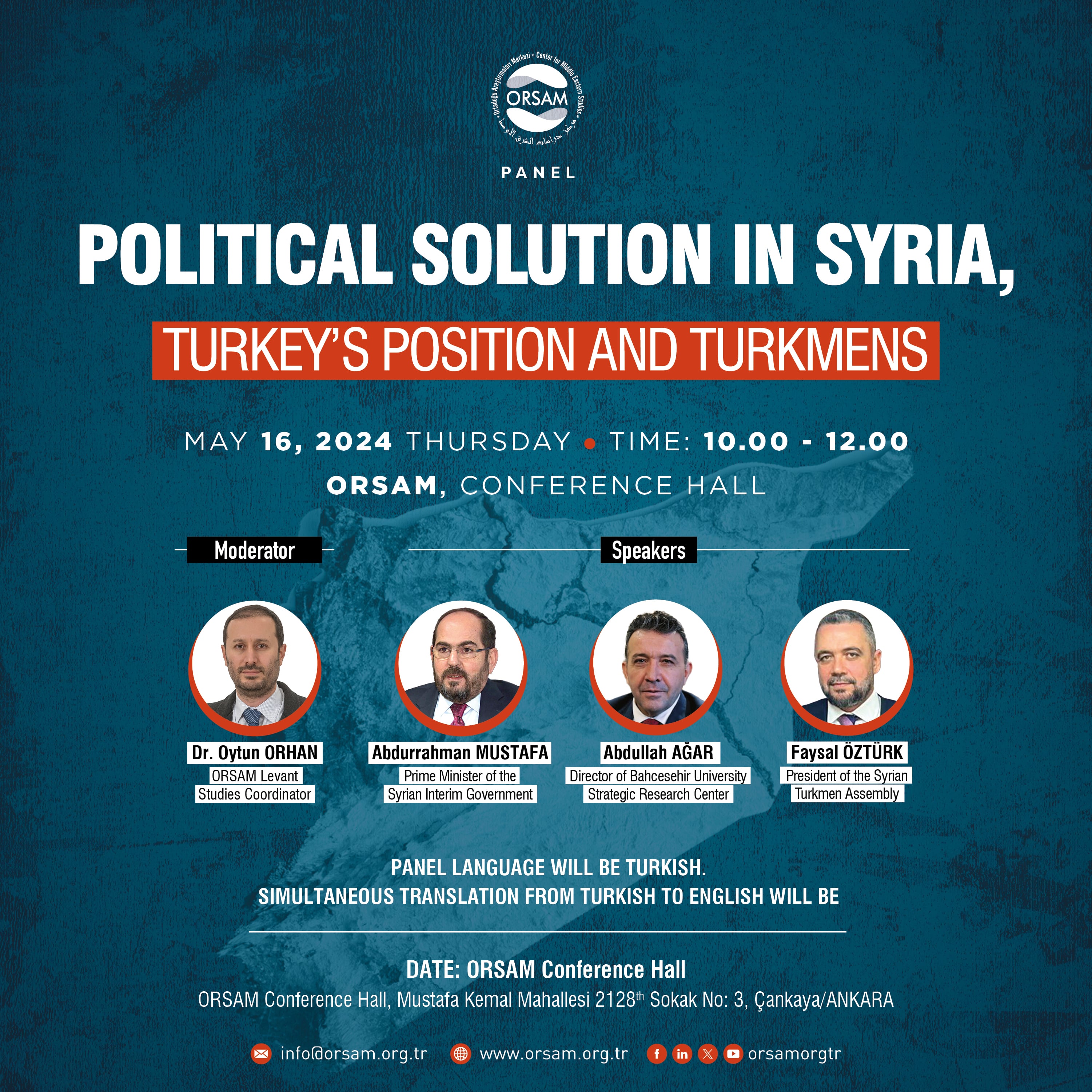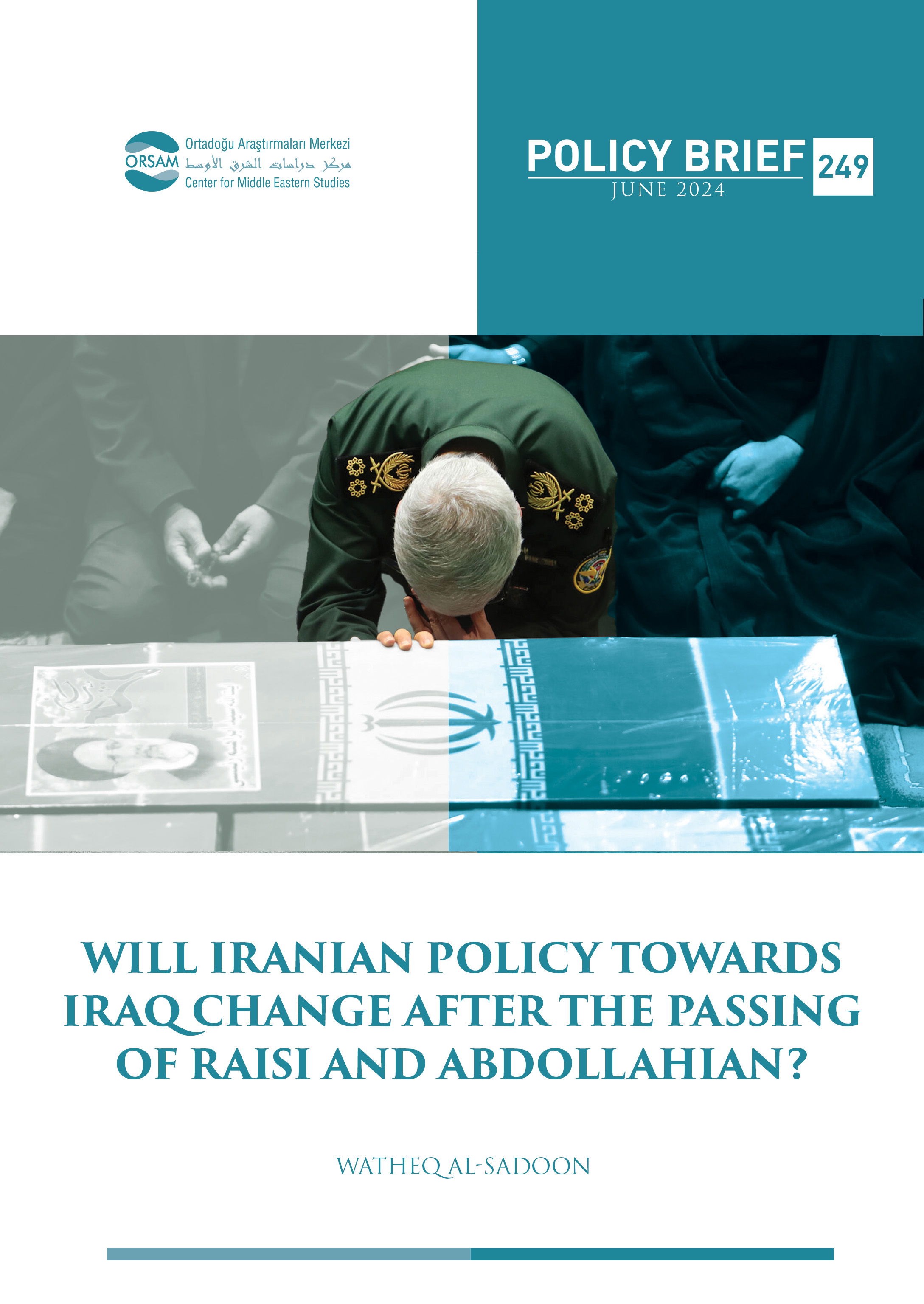The Era of Mohammed Bin Salman And Economic Relations between Saudi Arabia - Turkey
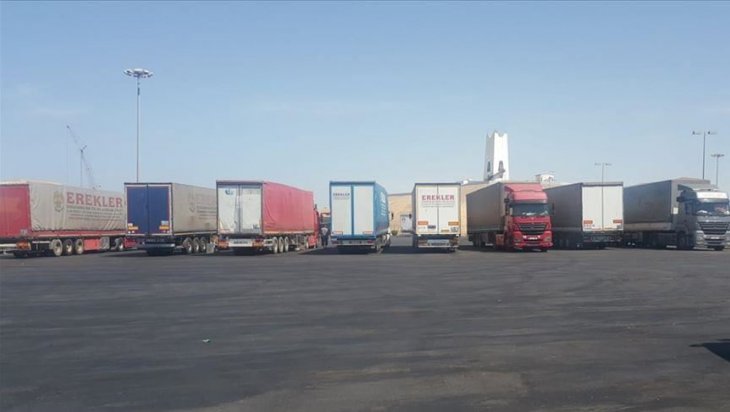
A General Overview of Saudi Arabia’s Economy
Saudi Arabia, along with being the 26th largest export economy of the world, has the world's 29th most complex economy according to the Economic Complexity Index (ECI), out of 129 countries included in the index. The Economic Complexity Index defines the holistic measure of the productive capabilities of large economic systems, usually countries. This index tries to explain the knowledge expressed in the economic activities present in a country or region. The ECI also measures the knowledge intensity of a country by considering the knowledge intensity of the products that country exports. Although it displays a successful image from this viewpoint; despite its USD 20,000 of GDP per capita, Saudi Arabia faces a youth unemployment rate of 12 per cent and a high rate of income inequality problem resulting from iy.The 5 per cent value added tax (VAT) implemented in 2018 has increased inflation. Another negative impact of the VAT implementation was the increase in the private sector’s worker recruitment costs.
Table 1. General Macroeconomic Indicators
|
| 2016 | 2017 | 2018 | 2019 | 2020 |
| GDP (USD billion) | 645 | 689 | 782 | 762 | 790 |
| Economic Growth (%) | 1.67 | -0.74 | 2.21 | 1.78 | 2.12 |
| GDP per capita (USD) | 55,354 | 54,595 | 55,944 | 56,817 | 58,074 |
| Inflation (%) | 1.15 | -1.10 | 2.48 | -0.70 | 2.24 |
| Current Deficit (USD billion) | -23.8 | 9.7 | 65.2 | 27 | 21.9 |
| Population (Million) | 31.7 | 32.5 | 33.2 | 33.9 | 34.5 |
Saudi Arabia is the richest country in the Middle East and its economy is almost entirely based on oil.As of 2017, the agricultural sector accounted for only 2.54 per cent of its GDP and 6.35 per cent of its actively employed population.Consequently, it imports most of its agricultural and food products.Even though Saudi Arabia imports 18 million tonnes of dates each year, it is expected to limit its agricultural production by 2020 in order preserve its fresh-water sources.On the other hand, as of 2017, the manufacturing sector, which accounts for 45.5 per cent of the GDP, employs 22.6 per cent of the total work force.As expected, 90 per cent of Saudi Arabia’s export revenues come from oil.Oil export revenues also constitute 85 – 90 per cent of the total public revenues.The tertiary, services sector of the Saudi economy, accounts 52.5 per cent of the country’s GDP and employs 71.1 per cent of the active population.With the effects of having Mecca and Medina; tourism, banking and financial services and insurance services are the main outputs of the tertiary sector.On the other hand, rapid population growth, the private sector's tendency to employ low-wage foreign workers and subsidies granted to each family by the Crown appear to be the factors increasing the unemployment rate in Saudi Arabia.
Saudi Arabia’s main export destinations are China (USD 29.1 billion), Japan (USD 25 billion), India (USD 19.4 billion), South Korea (17.7 billion) and the USA (USD 17.3 billion).Meanwhile most of the imports come from China (USD 18.3 billion), the USA (USD 7.166 billion), Germany (USD 7.19 billion), South Korea (USD 5.15 billion) and France (USD 5.05 billion).
Economic Relations Between Saudi Arabia and Turkey
The small volume of trade between the two countries indicates that economic cooperation is a priority to be improved bilateral relations.Besides, although the volume of trade between the two countries had not change much historically, the decrease in 2017 is noteworthy when considered together with political developments.In particular, the political developments that took place after Mohammed bin Salman was declared as the crown prince in 2017 can be seen to have affect economic relations.
According to the data provided by the Saudi Arabia General Investment Authority (SAGIA), Turkey’s investments in Saudi Arabia are worth approximately USD 660 million with more than 200 Turkish companies operating in the country.Saudi Arabia ranks seventh among Gulf Countries (after Qatar) in terms of the number of projects undertaken by Turkish contractors.Within this framework, Turkish contracting companies have undertaken more than 100 projects in Saudi Arabia to this date.It is estimated that Saudi investments in Turkey are worth approximately USD 2 billion.In 2017, Saudi citizens purchased a total of 3,545 properties in Turkey.Main products exported by Turkey to Saudi Arabia are:carpets, refined petroleum derivatives, electric panels, construction iron and furniture.The main products imported by Turkey from Saudi Arabia are, as expected, oil and chemical products. The number of tourists visiting Turkey from Saudi Arabia over the years are:450,674 (2015); 476,561 (2016), 651,170 (2017), 747,233 (2018).In light of this data, it can be said that the political conflict between the two countries ongoing since 2017 has had no effect on the number of tourists coming to Turkey from Saudi Arabia.
The mechanisms of economic cooperation have been operated regularly throughout the course of history.Some of these meetings at the ministerial level are the Joint Economic Commission (JEC) and the Turkey-Saudi Business Council.The Turkey-Saudi Business Council, first held in 2003, can be considered as the most important mechanism in bilateral economic relations.The last meeting was held on November 22nd 2017 with the participation of Minister of Economy, Nihat Zeybekçi through the organisation of the Foreign Economic Relations Board (DEİK). In addition, executive committee members of the Turkey – Saudi Business Council visited Riyadh on February 25th 2018.As one can see, even during periods of political crises, mechanisms of trade cooperation between the two countries are kept active.
Table 2. Volume of Bilateral Trade Between Turkey-Saudi Arabia(USD Billion)
|
| 2015 | 2016 | 2017 | 2018 |
| Turkey’s Exports | 3.47 | 3.17 | 2.74 | 2.64 |
| Turkey’s Imports | 2.12 | 1.84 | 2.11 | 2.32 |
| Volume of Trade | 5.59 | 5.01 | 4.85 | 4.96 |
| Trade Balance | 1.35 | 1.33 | 0.63 | 0.32 |
Source:TURKSTAT
Progress of Relations between the Two Countries after Mohammed bin Salman
With Mohammed bin Salman being announced the crown prince at the age 31 in place of Mohammed bin Nayef in 2017, Saudi Arabia entered a new era in terms of politics and the economy.The fact that Mohammed bin Salman was appointed as the Defence Minister and Deputy Prime Minister in addition to being the crown prince could be considered as a precursor of what would happen afterwards, which proved very true.For his first action, Salman took the lead for the operation in Yemen and successfully made a name for himself through mentioning reforms towards moderate Islam.He also became the president of Council of Economic and Development Affairs, which contains the largest Saudi company ARAMCO.Shortly after taking office, he started “corruption operations” on November 4th 2017, which was seen as an attempt to secure his place and within this context dozens of people were arrested or imprisoned in hotels under the pretence of “combatting corruption”. Those arrested included 11 princes, four active ministers, former ministers and three media bosses.
In relations with Turkey, he essentially follows the same policy as the United Arab Emirates (UAE) in the Gulf and considers Turkey as a rival in the region.The worst period of relations was undoubtedly the murder of Saudi journalist JamalKhashoggi at the Consulate of Saudi Arabia in Istanbul.Following the Khashoggi case from June 2018 onwards, various media outlets close to the royal family and leading business persons started calling for tourism and import boycotts against Turkey.So much so that head of Riyadh Chamber of Commerce and Industry called for implementing import embargoes through social media.Moreover, social media teams area trying to process this call for boycott professionally to receive the support of the public.As a result of these calls, in the first 5 months of 2019, the number of tourists coming to Turkey from Saudi Arabia declined by 30 per cent.It is also common knowledge that similar attempts are also being made in the United Arab Emirates.Even though this increasing number of propaganda attempts against Turkey did not have any economic effects, it is also clear that precautions should be taken in middle and long term.
In the following period, after the news of secret embargoes at the customs for Turkish products arriving at Saudi Arabia, relations became tense and almost reached the point of sanctions.First news of an embargo came from the port of Jeddah on July 21st 2019.85 trucks which were carrying fresh vegetables, fruits and textile products were stopped at the port of Duba and 300 containers at the port of Jeddah without any reason.Deterioration of fresh vegetables and fruits in this process caused additional costs for Turkish companies.All these situations indicate that there is a secret embargo being implemented on Turkish exports since June.The fact that Saudi Arabia allows other countries' entry to the port, including Sisi's Egypt, without any problems shows that this is more of a political issue.As a result of Turkey’s intensive attempts, Saudi Arabian authorities allowed the passage of Turkish trucks, which had been waiting since July 21st, as of August 3rd 2019.
After these attempts against Turkey, there were comments about how recent political tensions were being reflected on trade relations.Saudi Arabia’s recent moves, similar to Donald Trump’s aggressive foreign policies, which can be interpreted as a sort of trade war, cannot be seen as a good choice of policy for countries in the region and its own economy.Despite the USA’s sanctions, Iran is still perceived as a threat against the Kingdom.For this reason, maintaining close relations with historical allies in the region appears to be a more rational choice of policy for the Kingdom.It is known that there are some actors both in Saudi Arabia and abroad which want to prevent such a strategy.This situation was observed clearly in the Gulf Crisis against Qatar.Moreover, after recent political actions of the UAE, Saudi Arabia now stands alone in its struggle in the Yemen crisis against the Housites in the region.There are assumptions that prince Salman’s power within the Kingdom has been weakened due to the chain of events which started with the murder of Khashoggi.However Salman, who received the support of Trump, is maintaining his weight in the Kingdom's administration with the help of operations he carried out when he took office.
Despite all negative developments, Crown Prince Salman expresses the importance he places in the relations with Turkey and calls for cooperation whenever possible. Turkey’spriority strategy to follow under such circumstances should be to stop the anti-Turkish propaganda ongoing in the Gulf.In response to this situation, Turkey should start attempts to reverse the misconceptions spread over social media and fix Turkey’s image in the eyes of people in the region.This is mainly because this region is home to the tourist profile with the highest expenditure per capita in the tourism sector.Developing special projects for these people, who are the number one target group of healthcare and culture tourism in particular, will definitely contribute to tourism in Turkey.

